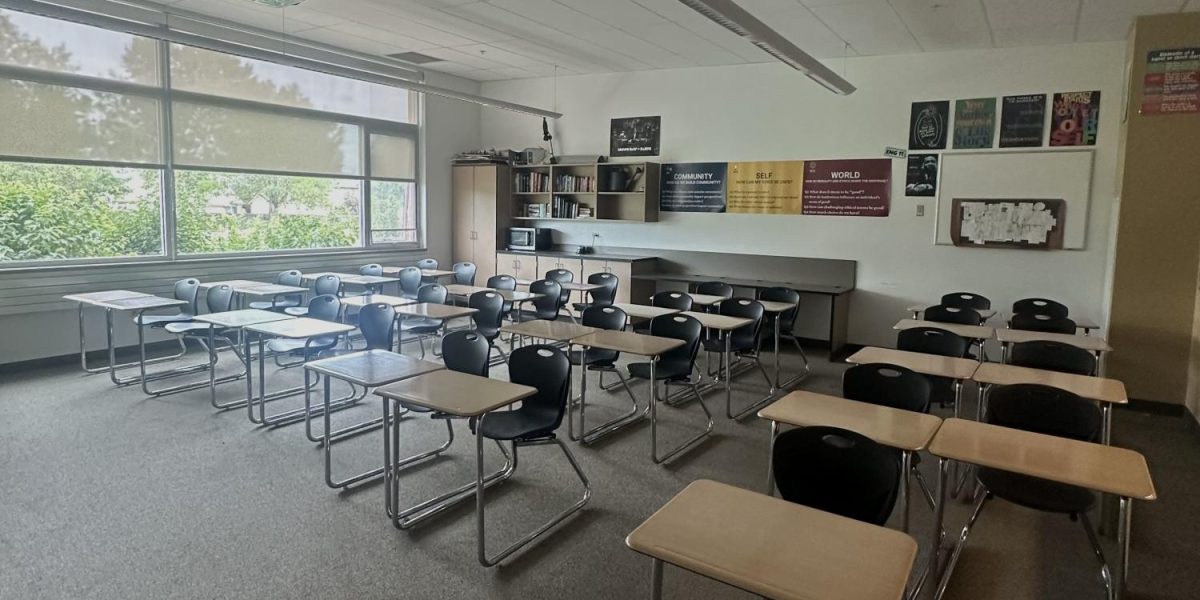Skipping class may seem like a harmless and possibly tempting way to take a break from class, but there are many compelling reasons why it’s detrimental to your overall success. Although class might feel boring or you might even just get influenced to ditch class, there are many reasons why it’s super harmful to your education.
1. Loss of key information
Classes often include information that isn’t available in your online resources. Teachers may provide insights, updates, or context that are important for understanding the subject fully. Important announcements about assignments, exams, or changes in the assignments are also often made during class. Missing these details can leave you unprepared for the next class.
2. Impact on Academic Performance
Consistent class attendance is linked to better academic performance. Regularly attending class helps you stay engaged with the material and actively participate in discussions and activities that reinforce learning. Missing classes can lead to your grades drop, due to not being able to keep up with classwork or participate effectively in exams and assignments that rely on the material covered in those classes.
3. Increased Risk of Falling Behind
Each class builds upon the last, so missing one can create a repeating effect that makes it harder to follow along with future lessons. Missed information can lead to a snowball effect, where falling behind in one class leads to difficulties in understanding subsequent topics. Catching up can be challenging and often requires more effort than staying current with the material.
4. Missed Opportunities for Feedback
Classrooms provide opportunities for immediate feedback from teachers and classmates. Engaging in discussions and asking questions can help clarify doubts and deepen your understanding of the material. When you skip class, you miss these chances to receive and give feedback, which is essential for learning and improving your academic skills.
5. Reduced engagement and motivation
Regular class attendance helps maintain your engagement and motivation. Being present in class keeps you in the loop and helps you stay focused on your academic goals. If you frequently skip class, it can lead to a lack of motivation and interest in the subject, making it even harder to catch up and succeed. Along with making it harder to catch up, you start missing assignments.
6. Professional and personal responsibility
Attending class regularly helps develop a sense of responsibility and reliability, traits that are important in both academic and professional settings. Learning to manage your time and fulfill your commitments is crucial for future success. Consistently skipping class can undermine these important skills, making it harder to adapt to the demands of a professional environment. Being responsible and not skipping class can help you in the future, in jobs, professional settings, and more.
8. Building a Strong Academic Record
A strong academic record is often built on consistent effort and attendance. Regular class attendance demonstrates dedication and can contribute to a positive academic reputation. This reputation can be beneficial when seeking internships, jobs, or recommendations in the future.
According to attendanceworks.org “research shows that missing 10% of the school, or about 18 days in most school districts, negatively affects a student’s academic performance. That’s just two days a month and that’s known as chronic absence.”
In the end, skipping class can have several negative consequences, including missing out on information, affecting your academic performance, falling behind, missing feedback opportunities, reducing engagement, undermining personal responsibility, and impacting your academic record. Making the effort to attend every class is essential for academic success and personal development.





















































